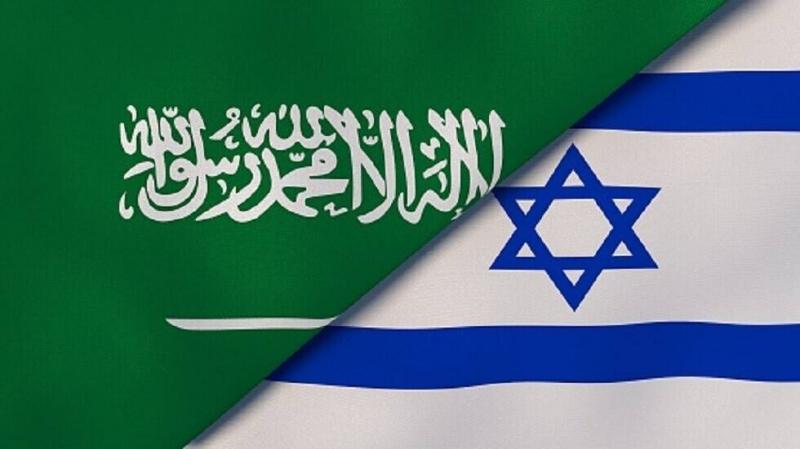Israeli Prime Minister Benjamin Netanyahu's national security adviser, Tzachi Hanegbi, stated on Monday that the path to normalizing relations with Saudi Arabia "remains long," while members of the hardline right-wing government ruled out any concessions for Palestinians as part of a normalization agreement. Hanegbi told Israeli public broadcasting (Kan Radio), "I can agree with what the President of the United States stated in an interview a few days ago, when he said that the road is still long but believes that progress can be made," indicating that Israel is not currently engaged in American-Saudi discussions. He added, "I can say that Israel will not yield to anything that could undermine its security."
Regarding the possibility of Riyadh establishing a civilian nuclear program on its territory, Hanegbi said that this does not require Israel's approval. He added, "Dozens of countries operate civilian nuclear projects and try to generate energy through nuclear efforts; this does not pose a threat to it or its neighbors."
For her part, Minister of National Missions Orit Strook mentioned on Monday that the Religious Zionism party would not agree to any concessions for Palestinians in the framework of a normalization agreement with Saudi Arabia. Strook affirmed her settlement-supporting party's refusal to make concessions for Palestinians in exchange for official relations with Saudi Arabia, saying, "We will certainly not agree to anything like that." She added in statements to Israeli public broadcasting (Kan), "We are tired of concessions. We are tired of freezing settlements in Judea and Samaria (West Bank). There is consensus on this in the entire right-wing camp."
Similar statements were echoed by National Security Minister Itamar Ben Gvir, who heads the far-right "Jewish Power" party. He indicated to Army Radio that he has no objection to establishing diplomatic agreements with Arab countries. He added, "But if this agreement includes concessions in favor of the (Palestinian) Authority, or concessions on land, or arming the (Palestinian) Authority, or granting power to terrorists, then I certainly object."
Last week, U.S. President Joe Biden sent his national security adviser to Saudi Arabia to discuss a potential agreement between the kingdom and Israel, which he considers a political priority. The idea has been under discussion since the Saudis gave their implicit consent to the UAE and Bahrain normalizing relations with Israel in 2020.




